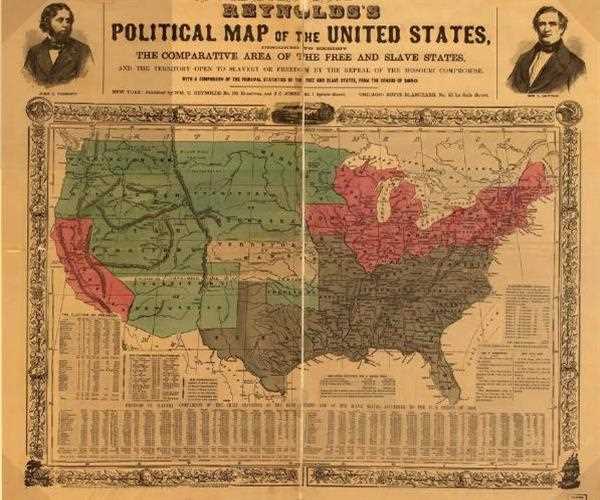
Despite the fact that they were important for a similar nation, The North and the South states were totally different. These distinctions made contradictions and in the long run drove war.
Northern states economy was substantially more modern than the economy in the Southern states. Along these lines, it implied that society was substantially more changed in the North than in the South.
Subjugation stayed urgent in the agrarian southern economy which clarifies why the first class in the South was so excited about saving subjection as a foundation.
One of these distinctions was in the zone of the economy. The economy of a region has to do with how individuals get by and how they go through their cash. In the North, the economy depended on the industry.
They assembled industrial facilities and fabricated items to offer to different nations and to the southern states. They didn't do a great deal of cultivating on the grounds that the dirt was rough and the colder atmosphere made for a shorter developing season.
The vast majority in the North worked in plants or possessed their own organizations. They additionally planted little ranches or gardens to help feed their families.
Without large homesteads to run, the individuals in the North didn't depend on slave work definitely.
In the South, the economy depended on horticulture. The dirt was fruitful and useful for cultivating.
They developed yields like cotton, rice, and tobacco on little homesteads and enormous estates. The numerous enormous ranches and estates required a great many laborers. As a result of this extraordinary need, the ranchers started to rely upon slave work as opposed to attempting to enlist individuals to work in their fields.
Another distinction between the North and South had to do with the new states framing in the western regions. The North needed the new states to be "free states." Most northerners believed that subjection wasn't right and numerous northern states had prohibited bondage.
The South, however, wanted the new states to be "slave states." Cotton, rice, and tobacco were exceptionally hard on the southern soil. These plants before long removed the entirety of the supplements from the dirt. Without these supplements
the dirt would not develop great harvests. Along these lines, the Southern ranchers needed to move west into the new states and take their slaves with them.
These distinctions in the zones of economy, subjugation, and new states started to isolate the northern and southern states. Virginia was additionally isolated. The individuals who lived in the western provinces of the state were against bondage and agreed with the North. The individuals who lived in the eastern provinces of the state relied upon subjection and favoured the other southern states.
This difference between the two districts of the state would, in the end, lead to the development of West Virginia. The coming war would isolate Virginia and the new country in two.